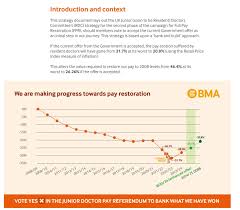Understanding NHS Managers Salary in 2023

Introduction
The salary of NHS managers has been a focal point of discussion in recent years, especially as the healthcare system faces mounting pressures. With increasing demands on the NHS and a need for efficient management, understanding the financial remuneration for NHS managers holds significant importance. This overview examines current salary trends for NHS managers, highlighting their relevance within the broader context of healthcare funding and workforce sustainability.
NHS Managers Salary Overview
As of 2023, NHS managers’ salaries vary based on experience, role, and location. According to NHS Digital, the average salary for NHS managers ranges from £40,000 to £100,000 per year, with senior management positions earning upwards of £100,000. This variation is influenced by management level, the specific responsibilities of the role, and the geographical area, as salaries often reflect the cost of living in different regions.
A recent report published by the NHS Employers highlighted that the majority of NHS managers earn a salary at the lower end of the spectrum, with many entry-level managerial roles starting around £30,000. More experienced managers, such as those in regional or national management roles, can earn salaries considerably exceeding £75,000, especially those involved in strategic decision-making or clinical governance.
Recent Developments
In light of the ongoing challenges facing the NHS, including budget constraints and workforce shortages, there has been a concerted effort to reassess salary structures for NHS managers. Recent negotiations have aimed to ensure that those in leadership roles are adequately compensated for their vital contributions. This comes as the NHS grapples with retaining talent amid increasing workloads and stress, particularly following the COVID-19 pandemic.
Moreover, a significant finding from a 2023 survey conducted by the Health Foundation revealed that many NHS managers report feeling undervalued in terms of their salary, particularly when compared to the workload they manage. This sentiment among managers suggests a potential crisis in retention, which the NHS needs to address moving forward.
Conclusion
The salary of NHS managers is a critical factor in the overall efficiency and effectiveness of the healthcare system. With average salaries generally increasing but remaining disparate based on role and location, the NHS faces the challenge of retaining skilled managers while ensuring fair compensation. Moving forward, a focus on adjusting salaries to better reflect the responsibilities and challenges faced by NHS managers may help to improve staff retention and ultimately enhance the quality of care provided to patients. The ongoing discussions surrounding NHS finances make it crucial for stakeholders to consider how managerial support influences the wider healthcare framework.








